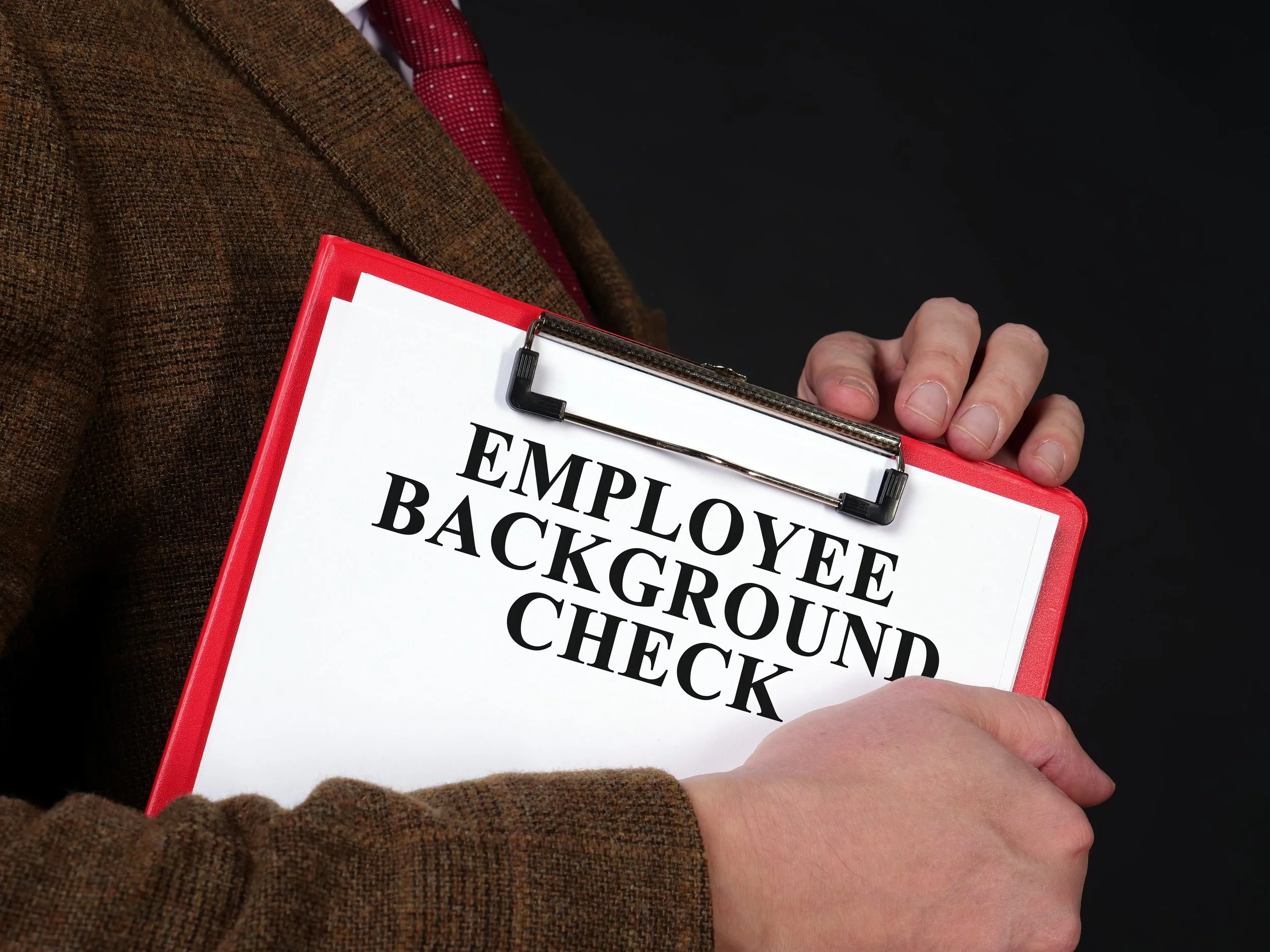Misreported Criminal or Civil Records on Background Check: Understanding, Impact, and Solutions
Background checks have become an essential part of many decision-making processes in today’s world. Employers, landlords, lenders, and even volunteer organizations often rely on background checks to verify an individual's history, including criminal and civil records. While background checks are designed to provide accurate and truthful information, errors sometimes occur, and one of the most damaging mistakes involves misreported criminal or civil records. These inaccuracies can lead to serious consequences, including denial of employment, housing, loans, or other critical opportunities.
What Are Misreported Criminal or Civil Records?
Misreported records refer to incorrect, outdated, or falsely attributed criminal or civil history appearing on a background check report. These inaccuracies may include:
Criminal charges or convictions that do not belong to the individual (mistaken identity or mixed files).
Expunged or sealed records still appearing in reports.
Incorrect case details such as dates, charges, or case status.
Civil judgments that have been paid, dismissed, or are outdated.
Records reported beyond their legally allowed reporting period.
Such errors typically stem from various causes including clerical mistakes, database mix-ups, incomplete data verification, or failure of background check companies to update information.
Why Misreported Records Occur
Mistaken Identity and Mixed Files:
One of the most common reasons for misreported records is mistaken identity. This happens when someone with a similar name, date of birth, or Social Security number has criminal or civil records mistakenly linked to the wrong person’s background check file. Such mix-ups are unfortunately frequent due to reliance on automated matching algorithms with imperfect data quality.Outdated or Unsealed Records:
Criminal or civil cases that have been expunged, sealed, or otherwise legally removed should not appear in a background report. However, many background check companies fail to update their records or incorrectly include these cases, harming the individual’s reputation.Incomplete or Erroneous Court Data:
Sometimes courts or public record repositories provide incomplete or erroneous information. This might include missing case outcomes, incorrect charges, or failure to mark a case as dismissed or not guilty.Poor Data Management by Background Check Companies:
Some background check companies may not adequately verify or update information received from third-party data sources. This negligence can lead to wrongful reports persisting despite disputes or corrections filed by affected individuals.
Impact of Misreported Records on Background Checks
Misreported criminal or civil records can have devastating consequences on individuals’ lives, including:
Employment Denials: Employers often screen candidates with background checks to assess trustworthiness or risk. A false criminal conviction or civil judgment can lead to immediate rejection of a job application, regardless of the actual truth.
Housing Rejections: Landlords use background checks to assess tenant suitability. Incorrect negative records may result in denial of rental applications, leaving individuals struggling to secure housing.
Loan and Credit Denials: Lenders rely on background checks combined with credit reports to evaluate loan applications. False records suggesting financial irresponsibility or legal troubles can lead to denied mortgages, car loans, or credit cards.
Emotional and Psychological Distress: Besides financial and practical harms, being wrongly associated with criminal or civil offenses can cause significant emotional stress, damage personal relationships, and harm self-esteem.
Long-Term Reputational Damage: Even after corrections, some misinformation may persist in other databases or online sources, affecting future opportunities and causing ongoing challenges.
Legal Protections and Remedies
The Fair Credit Reporting Act (FCRA) provides important protections for consumers against inaccurate background reports. Under the FCRA:
Background check companies must conduct a reasonable reinvestigation of any disputed errors within 30 days.
Consumers have the right to dispute inaccurate or incomplete information and receive prompt corrections.
Willful violations by background check companies, such as failing to correct known errors, can result in lawsuits and monetary damages.
Consumers may be entitled to actual damages for financial harm, emotional distress, and even statutory damages of up to $1,000 per violation.
Successful plaintiffs can recover attorney fees and court costs, making legal action accessible.
In cases where a background check company misreports criminal or civil records due to negligence or failure to follow FCRA requirements, consulting an attorney is often the best course of action. Lawyers can hold companies accountable, help restore your reputation, and seek compensation for losses caused by these errors.
Preventing Misreported Records in the Future
While not all errors can be prevented, certain steps can help reduce the risk:
Regularly monitor your credit and background reports to catch errors early.
Provide accurate and consistent personal information on applications to reduce the chance of mistaken identity.
Request official court or public records periodically to ensure your history is accurate.
Consider using identity theft protection services that monitor for fraudulent activity or identity confusion.
When applying for jobs or housing, proactively inform the employer or landlord of any past records that might appear and explain any relevant legal circumstances.
Conclusion
Misreported criminal or civil records on background checks can cause severe and lasting damage to individuals' financial and personal lives. Understanding why these errors occur and how to effectively dispute them is crucial to protecting your rights and future opportunities. If you suspect an error on your background check, take prompt action by obtaining your report, gathering evidence, filing disputes, and seeking legal counsel when necessary.
The law provides robust protections to ensure background checks are fair, accurate, and respectful of your rights. By staying informed and proactive, you can fight against wrongful misreporting and restore your reputation.
Background check shows wrong informiaton?
Contact us!

